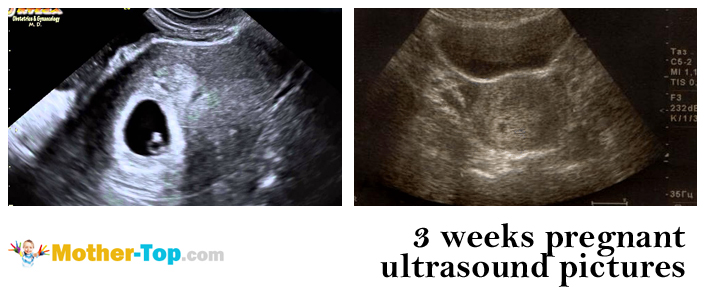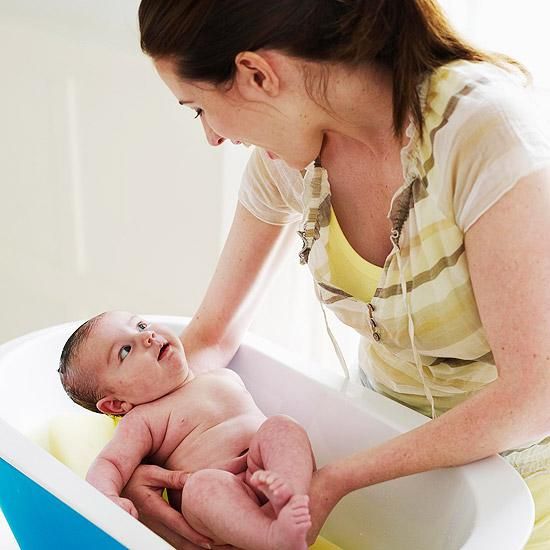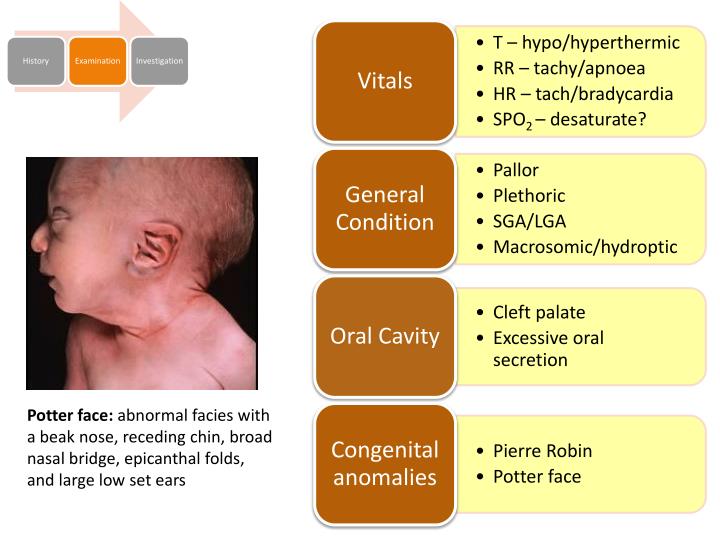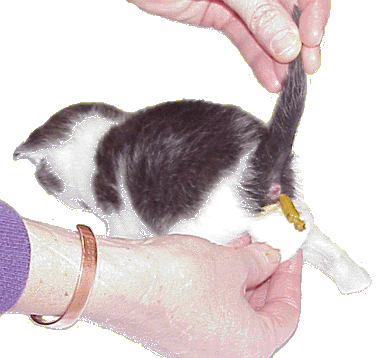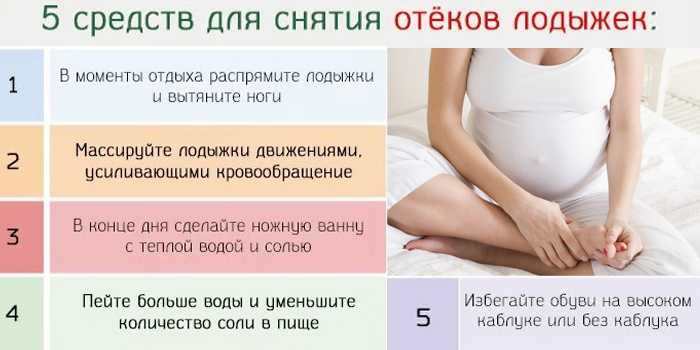Birth time baby
Why at least 39 weeks is best for your baby
If your pregnancy is healthy, it’s best to stay pregnant for at least 39 weeks. Wait for labor to begin on its own.
Scheduling means you and your provider decide when to have your baby by labor induction or cesarean birth.
If your provider recommends scheduling your baby’s birth, ask if you can wait until at least 39 weeks so your baby has time to fully develop.
Your baby’s brain, lungs, liver and other important organs are still developing in the last weeks of pregnancy.
Babies born too early may have more health problems at birth and later in life than babies born later.
Are you thinking about scheduling your baby’s birth?
Scheduling your baby’s birth means you and your health care provider decide when to have your baby by labor induction or cesarean birth instead of waiting for labor to begin on its own. Depending on your health and your baby’s health, scheduling your baby’s birth may be best. But scheduling birth a little early for non-medical reasons can cause problems for you and baby. If your pregnancy is healthy, it’s best to stay pregnant for at least 39 weeks and wait for labor to begin on its own.
When you schedule your baby’s birth, you schedule either labor induction or a c-section. Labor induction (also called inducing labor) is when your provider gives you medicine or breaks your water (also called amniotic sac) to make your labor begin for vaginal birth. Vaginal birth is when the muscles of your uterus contract (get tight and then relax) to help push your baby out through the vagina (also called birth canal). Most babies are born by vaginal birth. A cesarean birth (also called c-section) is surgery in which your baby is born through a cut that your provider makes in your belly and uterus.
You may not have a choice about when to have your baby. If there are problems with your pregnancy or your baby's health, you may need to have your baby early. But if you have a choice and you're planning to schedule your baby's birth, wait until at least 39 weeks.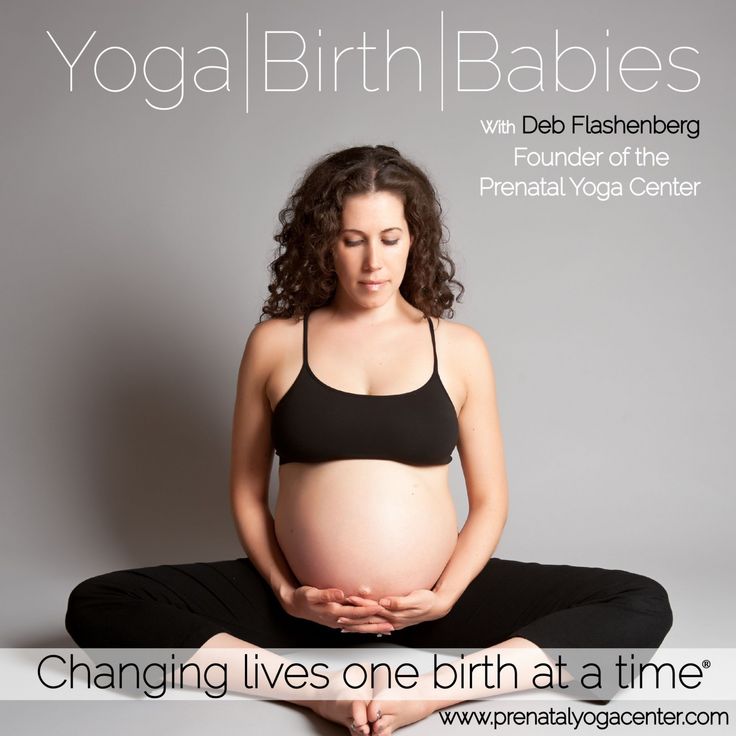
Why does your baby need 39 weeks?
Babies born too early may have more health problems at birth and later in life than babies born later. Being pregnant 39 weeks gives your baby's body all the time it needs to develop.
Your baby needs 39 weeks in the womb because:
- Important organs, like your baby’s brain, lungs and liver, need time to develop. The brain develops fastest at the end of pregnancy. A baby’s brain at 35 weeks of pregnancy weighs only two-thirds of what it will weigh at 39 to 40 weeks.
- He’s less likely to have health problems after birth, like breathing, vision and hearing problems.
- He can gain more weight in the womb. Babies born at a healthy weight have an easier time staying warm than babies born too small.
- He can suck and swallow and stay awake long enough to eat after he's born. Babies born early sometimes can't do these things.
- He’s less likely to have learning problems and health problems later in life than babies born before 39 weeks.

Can scheduling an early birth cause problems for you and your baby?
Yes. Sometimes it's hard to know exactly when you got pregnant. Even with an ultrasound, your due date can be off by as much as 2 weeks. If you schedule an induction or c-section and your date is off by a week or 2, your baby may be born too early. Ultrasound uses sound waves and a computer screen to show a picture of your baby inside the womb.
Problems from inducing labor
- Stronger and more frequent contractions. Frequent contractions may cause changes in your baby’s heart rate.
- Infection for you and your baby
- Uterine rupture. This is when the uterus tears during labor. It happens very rarely.
- Needing a c-section. If your labor is induced and the medicine doesn’t start your labor, you may need to have a c-section.
Problems from a c-section
- Breathing and other medical problems for your baby.
 Babies born by c-section may have more breathing and other medical problems than babies born by vaginal birth.
Babies born by c-section may have more breathing and other medical problems than babies born by vaginal birth. - Needing a c-section in another pregnancy. Once you have a c-section, you may be more likely in future pregnancies to have a c-section. The more c-sections you have, the more problems you and your baby may have, including problems with the placenta.
- Longer recovery for mom. A c-section is major surgery. It takes longer for you to recover from a c-section than from a vaginal birth. You can expect to spend 2 to 4 days in the hospital after a c-section. Then you need about 6 to 8 weeks after you go home to fully recover. You also may have complications from the surgery, like infections, bleeding or blood clots. So it's important to stay in touch with your health care provider even after you go home.
What questions can you ask your health care provider about scheduling your baby's birth?
If you’re planning to schedule your baby’s birth, print out this article and take it with you to your next prenatal care checkup. Ask these questions:
Ask these questions:
If your provider recommends that you have your baby before 39 weeks
- Is there a problem with my health or the health of my baby that makes birth before 39 weeks necessary?
- Can I wait to have my baby until I’m closer to 39 weeks?
About inducing labor
- Why do you need to induce labor?
- How will you induce my labor?
- What can I expect when you induce labor?
- Will inducing labor increase the chance that I’ll need to have a c-section?
About having a c-section
- Why do I need to have a c-section?
- What can I expect during and after a c-section?
- What problems can a c-section cause for me and my baby?
- Can I have a vaginal birth in future pregnancies?
See also: 39 weeks infographic
Last reviewed: October, 2018
Baby due date - Better Health Channel
Summary
Read the full fact sheet- The unborn baby spends around 38 weeks in the uterus, but the average length of pregnancy, or gestation, is counted at 40 weeks.
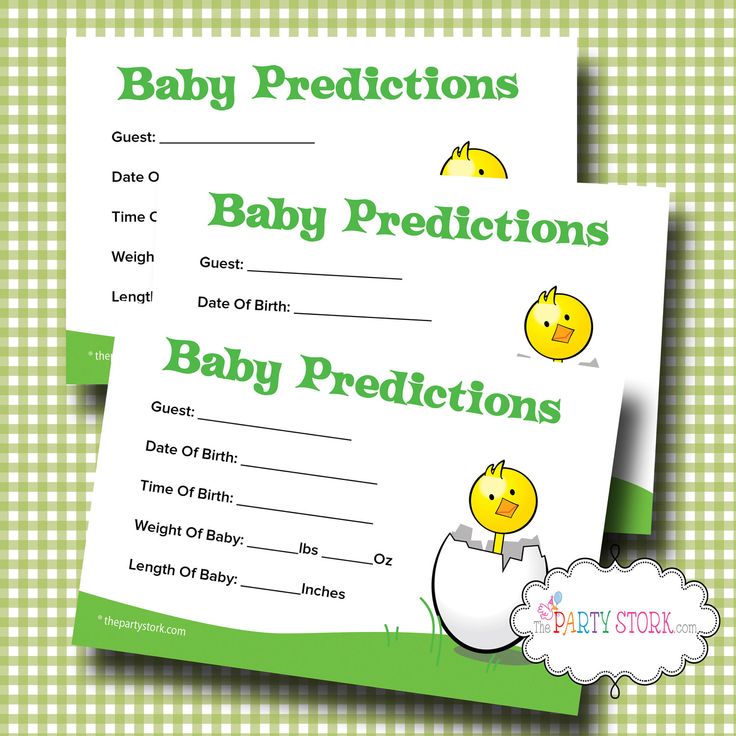
- Pregnancy is counted from the first day of the woman’s last period, not the date of conception which generally occurs 2 weeks later.
- Since some women are unsure of the date of their last menstruation (perhaps due to period irregularities), a baby is considered full term if its birth falls between 37 to 42 weeks of the estimated last menstruation date.
The unborn baby spends around 37 weeks in the uterus (womb), but the average length of pregnancy, or gestation, is calculated as 40 weeks. This is because pregnancy is counted from the first day of the woman’s last period, not the date of conception which generally occurs 2 weeks later, followed by 5 to 7 days before it settles in the uterus.
Since some women are unsure of the date of their last menstruation (perhaps due to period irregularities), a pregnancy is considered full term if birth falls between 37 to 42 weeks of the estimated last menstruation date.
A baby born prior to week 37 is considered premature, while a baby that still hasn’t been born by week 42 is said to be overdue. In many cases, labour will be induced in the case of an overdue baby.
In many cases, labour will be induced in the case of an overdue baby.
The average length of human gestation is 280 days, or 40 weeks, from the first day of the woman’s last menstrual period. The medical term for the due date is estimated date of confinement (EDC). However, only about 4 per cent of women actually give birth on their EDC.
There are many online pregnancy calculators (see Baby due date calculator) that can tell you when your baby is due, if you type in the date of the first day of your last period.
A simple method to calculate the due date is to add 7 days to the date of the first day of your last period, then add 9 months. For example, if the first day of your last period was 1 February, add 7 days (8 February) then add 9 months, for a due date of 8 November.
Determining baby due date
Irregular menstrual cycles can mean that some women aren’t sure of when they conceived. Some clues to the length of gestation include:
- Ultrasound examination (especially when performed between 6 and 12 weeks)
- Size of uterus on vaginal or abdominal examination
- The time fetal movements are first felt (an approximate guide only).

Pregnancy ultrasound
A pregnancy ultrasound is a non-invasive test that scans the unborn baby and the mother’s reproductive organs using high frequency sound waves.
The general procedure for a pregnancy ultrasound includes:
- The patient lies on a table.
- A small amount of a clear, conductive jelly is smeared on the abdomen.
- The operator places the small hand-held instrument called a transducer onto the abdomen.
- The transducer is moved across the abdomen. The sound waves bounce off internal structures (including the baby) and are transmitted back to the transducer. The sound waves are then translated into a two-dimensional picture on a monitor. The mother will not feel or hear the transmission of the sound waves.
- By measuring the baby’s body parts, such as head circumference and the length of long bones, the operator can estimate its gestational age.
The diagnostic uses of pregnancy ultrasound
Apart from helping to pinpoint the unborn baby’s due date, pregnancy ultrasounds are used to diagnose a number of conditions including:
- multiple fetuses
- health problems with the baby
- ectopic pregnancy (the embryo lodges in the fallopian tube instead of the uterus)
- Abnormalities of the placenta such as placenta previa, where the placenta is positioned over the neck of the womb (cervix)
- The health of the mother’s reproductive organs.
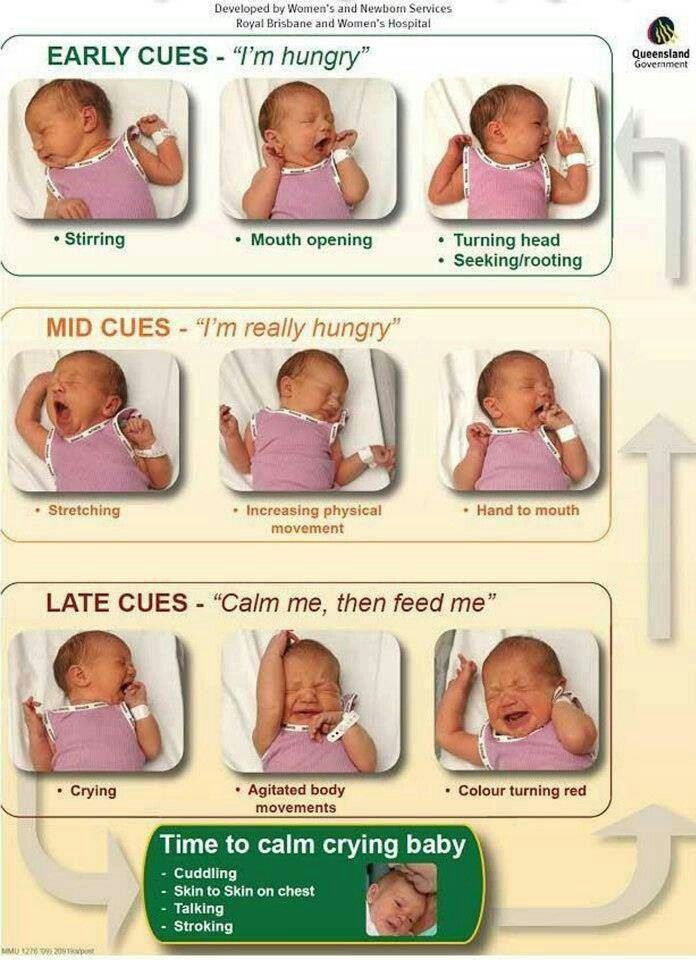
Premature babies
A baby born prior to week 37 is considered premature. The odds of survival depend on the baby’s degree of prematurity. The closer to term (estimated date of confinement, or EDC) the baby is born, the higher its chances of survival – after 34 weeks gestation with good paediatric care almost all babies will survive.
Premature babies are often afflicted by various health problems, caused by immature internal organs. Respiratory difficulties and an increased susceptibility to infection are common.
Often there is no known cause for a premature labour; however, some of the maternal risk factors may include:
- drinking alcohol or smoking during pregnancy
- low body weight prior to pregnancy
- inadequate weight gain during pregnancy
- no prenatal care
- emotional stress
- placenta problems such as placenta previa
- various diseases such as diabetes and congestive heart failure
- infections such as syphilis.

Overdue babies
Around 5 out of every 100 babies will be overdue, or more than 42 weeks gestation. If you have gone one week past your due date without any signs of impending labour, your doctor will want to closely monitor your condition.
Tests include:
- monitoring the fetal heart rate
- using a cardiotocograph machine
- performing ultrasound scans.
The placenta starts to deteriorate after 38 weeks or so, which means an overdue baby may not get enough oxygen. An overdue baby could also grow too large for vaginal delivery. Generally, an overdue baby will be induced once it is 2 weeks past its expected date.
Some of the methods of induction include:
- Vaginal prostaglandin gel - to help dilate the cervix.
- Amniotomy – breaking the waters, sometimes called an artificial rupture of membranes (ARM).
- Oxytocin – a synthetic form of this hormone is given intravenously to stimulate uterine contractions.
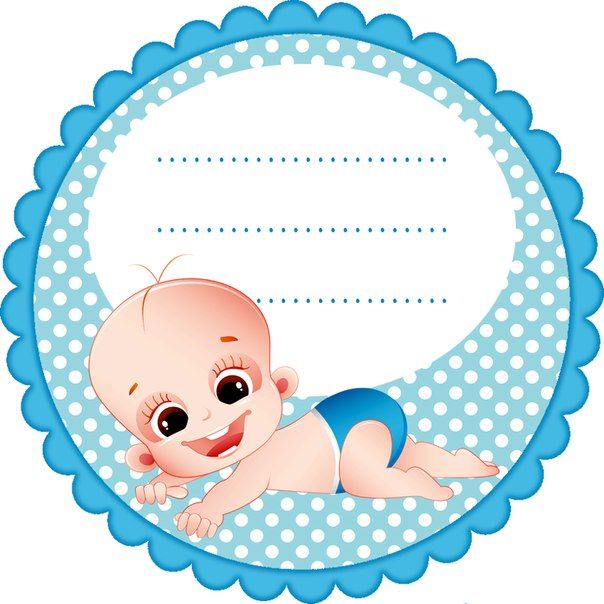
Where to get help
- Your GP (doctor)
- Obstetrician
- Midwife
- Your local maternal and child health service
- Common concerns and discomforts: overdue baby, Mother’s Bliss, UK.
- Going Overdue, Centre for Reproduction and Minimally Invasive Surgery.
- Premmie-L FAQ and advice sheets, Parents of Premature Babies Inc.(Preemie-L).
- Pregnancy: what to expect when it’s past your due date, Family Doctor, USA.
- Ultrasound, The Royal Women’s Hospital, Melbourne.
This page has been produced in consultation with and approved by:
How does the time of the birth of a child affect the fate of
Morning or evening? It turns out that his fate depends on what time of day and hour the baby was born. If you want to get to know yourself better, urgently find out the exact time of your birth. Perhaps this will shed light on the peculiarities of your character and the natural "accidents" of your fate.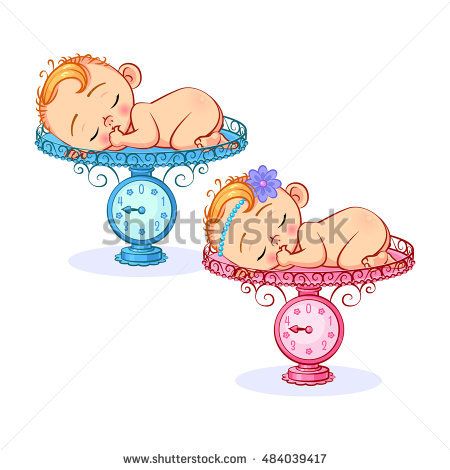
from 24.00 to 2.00
At this time of the day, the most inquisitive babies are born, who are under the auspices of the planet Mercury. If a child was born from 24.00 to 2.00 hours, he will grow up as a leader, be active and energetic, and will strive to be the center of attention. Mothers of such babies can be recommended to develop in every possible way the ability to perceive information for successful study and to form leadership qualities in the baby. nine0003
2:00 to 4:00
In the middle of the night, industrious individuals are born. If your child was born from 2.00 to 4.00 at night, he will be under the protection of Venus all his life. The planet of love will give the baby the ability to earn money and achieve goals with their work and talent. These are very loving kids who, thanks to their softness and sociability, will be able to achieve the location of the right person and get what they want.
If the baby was born at 4.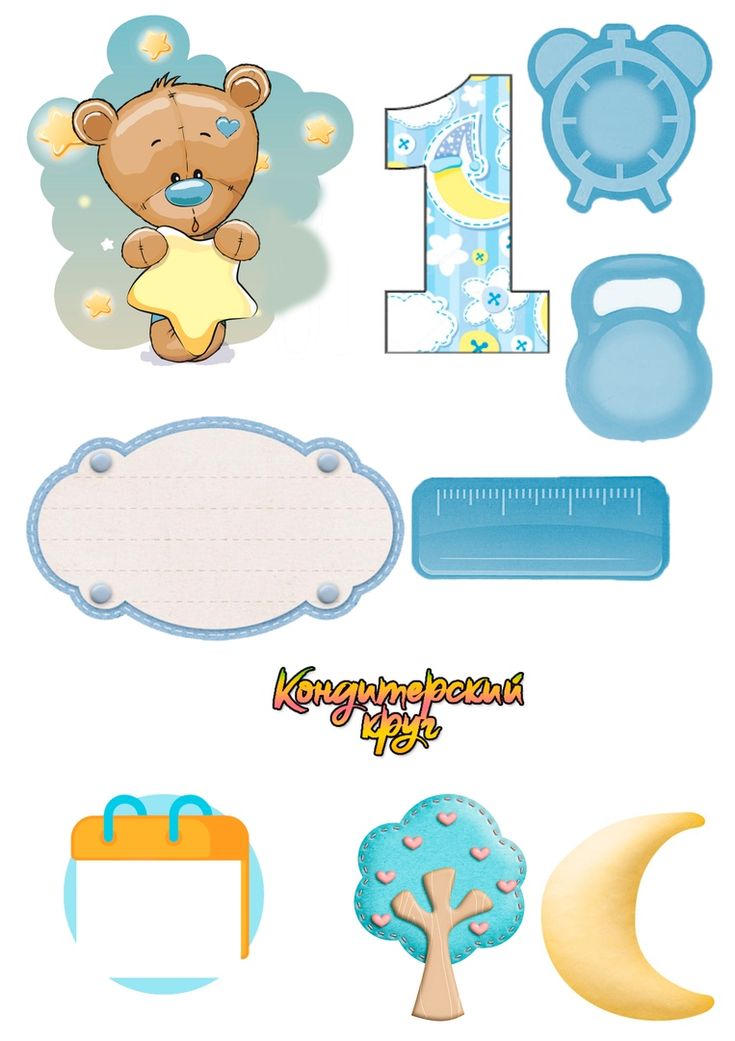 00 to 6.00 am , its patron planet is Mars. This is the planet of leadership, which will surely lead your baby to success. Children born in this period of time are independent, stubborn, honest. They are only suitable for leadership positions. To curb the little commander, educate him as gently as possible, teach him to trust other children and adults.
00 to 6.00 am , its patron planet is Mars. This is the planet of leadership, which will surely lead your baby to success. Children born in this period of time are independent, stubborn, honest. They are only suitable for leadership positions. To curb the little commander, educate him as gently as possible, teach him to trust other children and adults.
from 6.00 to 8.00
At this time of day babies are born under the auspices of Neptune. Its time of action is from 6.00 to 8.00 in the morning. Children born at this time will be vulnerable in soul. They are unlikely to rush into battle, try to take a leading position. They are more likely to retreat than fight. From such babies a person with a rich inner world can grow up, who will prefer the solitude of secular life. nine0003
From 8.00 am to 10.00 am children are born who are patronized by Uranus. These are the cutest babies. They will always reach out for help, a warm word, simple human communication. The main qualities of such a person will be humanism, simplicity and humanity. Often these children grow up to be actively involved in charitable activities.
The main qualities of such a person will be humanism, simplicity and humanity. Often these children grow up to be actively involved in charitable activities.
In the late morning of from 10.00 to 12.00 Saturn rules, which gives a person born at this time, principles and discipline. Such people are ambitious, set big goals and have great power of action. These are future politicians, civil servants, officials. nine0003
From 12.00 to 14.00 children are born who are ruled by Jupiter. At heart, these people are eternal travelers. It will be important for them to learn information, communicate with new people, constantly get fresh impressions. They will be able to change their lives by moving to another country or radically changing their profession during their lives. From early childhood, such children need to be taught discipline.
From 14.00 to 16.00 is the time of birth of strong-willed and strong children. This is the clock of Pluto, which gives the ability to its wards to endure failures and life's difficulties more easily than others.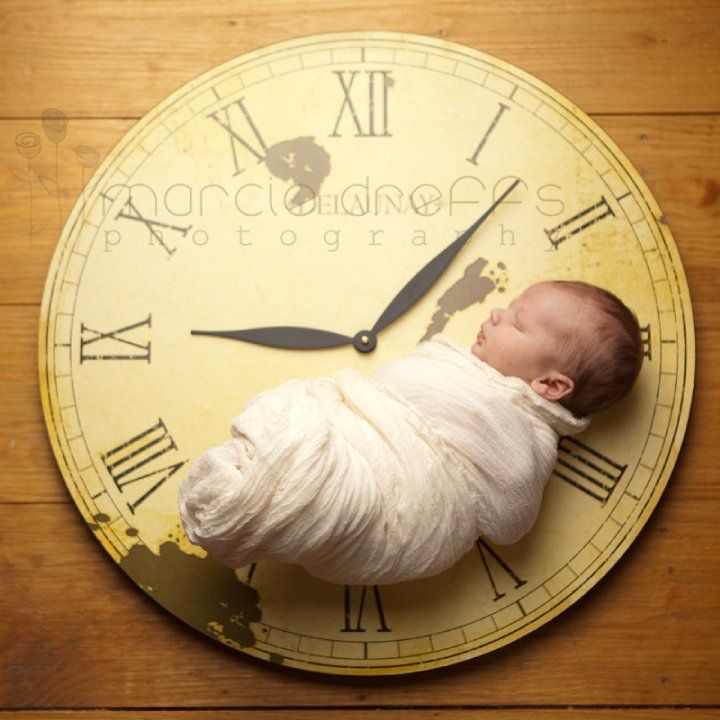 Each new problem will make the child stronger, harden and wiser. Such a kid must be taught to set adequate goals and show how they can be achieved. nine0003
Each new problem will make the child stronger, harden and wiser. Such a kid must be taught to set adequate goals and show how they can be achieved. nine0003
Period of Venus - from 16.00 to 18.00 . The goal of children who were born during this period of time is to find their true love. Over the years, they will manifest such a wonderful property of character as the ability to understand other people. They will put themselves in their place and draw the right conclusions from situations. Ease of communication and the desire to find a soul mate will push such people to a fairly early marriage.
If the baby was born in the evening
In the evening, from 18.00 to 20.00 children are born who are actively affected by Mercury. This is the planet of the mind, ideas and new beginnings. These children will never give up, they will be able to find a solution even in the most hopeless situations. Loyal friends and loved ones grow up from such children, who certainly will not sit idle. Such a child must be taught to solve not only other people's problems, but also their own.
Such a child must be taught to solve not only other people's problems, but also their own.
From 20:00 to 22:00 the Sun begins to act, endowing babies born at this time with "solar" features. Such children will definitely grow up sociable and ambitious, they will look for adventures and change of pleasures. Such people can grow into artists, organizers, those for whom personal self-realization will be the most important goal of life. Give such children to an amateur circle, let them sing and dance, this is their way! nine0003
Those children who were born on from 22.00 to 24.00 are under the influence of the mysterious and changeable Moon. Those born on this day have a philosophical mindset, strive for stability and harmony. From childhood, such people are very impressionable, prone to fears and doubts, so you need to pay attention to the emotional and psychological side of raising a child from a very early age. It is difficult for such children to achieve peace and joy on their own, they need to be taught to distinguish evil from good and work on an adequate assessment of the surrounding reality. Do not worry if a career and work do not come immediately into the life of such a person. It is difficult for such people to work solely for the sake of money. They seek in working relationships - emotional connection and peace. nine0003
Do not worry if a career and work do not come immediately into the life of such a person. It is difficult for such people to work solely for the sake of money. They seek in working relationships - emotional connection and peace. nine0003
____________________
Found an error or typo in the text above? Highlight the misspelled word or phrase and press Shift + Enter or here .
How the hour of birth affects the fate of a child - a detailed explanation from a numerologist People who were born on the same day with a difference of several hours can be absolute opposites. The nature of a person is influenced by which planet dominates in the next two hours of his birth. If you know this time, you can better know yourself, potential, weaknesses and strengths. nine0003
Night
00.00 — 2.00
People born in this time period are curious, they learn new information with ease and pleasure. Active, erudite, with a good sense of humor, always strive to be in the center of events.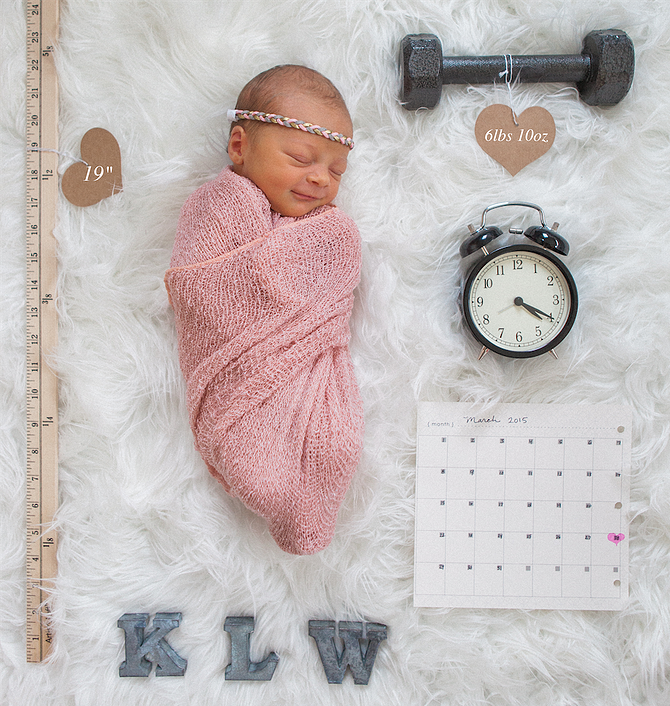 It is important for them to be the center of attention - this activates their abilities. Those born during this time period are very energetic and usually look younger than their years.
It is important for them to be the center of attention - this activates their abilities. Those born during this time period are very energetic and usually look younger than their years.
2.00 — 4.00
People with high working capacity. Gritty, never miss their chance and always know what they want. They value comfort and know what needs to be done for this, so personal well-being is one of the main goals. They clearly understand the causal relationship, therefore, heading for the goal, they will definitely achieve it. Such pressure and pressure is not to everyone's liking. In people born during this period, a sense of possessiveness is highly developed. nine0003
- Photo
- Ground Picture/Shutterstock/Fotodom.ru
Morning
4.00 — 6.00
Leaders by nature, often they are in leadership positions. The desire to rule and rule is in their blood. If this is not implemented in the work, then it goes to the close environment. Trying to limit such people is not worth it, the main condition is freedom of action. "I see the goal - I go to it", "I came - I saw - I won" - it's all about them. They are self-confident, proud, ambitious. They do not trust anyone to complete tasks, they believe only in their own strengths. nine0003
6.00 — 8.00
Solitude and loneliness is a favorite state of those who were born in this time period. They are closed from others, and solitude gives them a sense of security. Reality for such people is dangerous and rude. They are endowed with good intuition and subtly feel human nature. Too sacrificial.
Is it possible to understand what kind of sport a child is inclined to by the date of birth? Quite. Read more in the material "How to choose a section for a child by date of birth: numerologist's advice"
- Photo
- Oksana Kuzmina/Shutterstock/Fotodom.ru
8.00 — 10.00
Charming and easily disposed. At the same time, humanism and justice are highly valued. Often they stand up for the weak, help those in need. It is with such people that others share their innermost, trust their thoughts and secrets. Another attractive feature is that when communicating with such people, people feel important, needed, significant.
10.00 - 12.00
Principled, firm in their intentions, imposing iron discipline. All actions and actions are clearly planned, spontaneity is not their demeanor. Emotionally restrained, with strong-willed qualities. It is difficult to take them by surprise, they will always be able to give a reasoned and diplomatic rebuff to the offender. People of this gap are well realized in politics and in business areas.
See also: "How an unusual name can ruin a child's life - a psychologist"
- Photo
- Africa Studio/Shutterstock/Fotodom.ru
Day
12.00 — 14.00
Change of life scenery, activity and getting new impressions is what lies in the nature of these people. Acquaintances, knowledge, development of new professions. They are dynamic, easily go through life, do not get hung up on conservatism and love discoveries, but frames and restrictions are unacceptable for them.
14.00 — 16.00
"What doesn't kill us makes us stronger" is the motto of those born at this time. They are resistant to difficulties and easily overcome them. They stubbornly go through life, falling and taking off again. Their strong-willed qualities allow you to achieve serious results and correctly set goals. True, sometimes their strength and will, as well as peremptory self-confidence, can take them in the wrong direction. nine0003
16.00 — 18.00
Flexible, with a natural sense of tact, the ability to avoid sharp corners and ease of communication.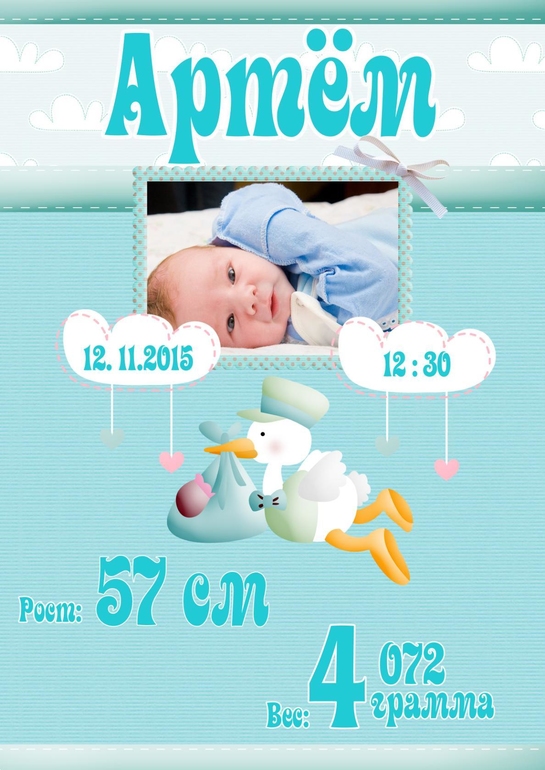 The main goal is to find the other half, which in some cases ends in failure due to hasty decisions.
The main goal is to find the other half, which in some cases ends in failure due to hasty decisions.
How can astrology help in choosing a name for a child? Read in the material "The perfect combination: what name suits your child according to the sign of the zodiac" People with a strong character who know how to get out of impasse and hopeless situations. They are very categorical, which often contributes to walking on the edge and on the edge - if done, but at full capacity. Often the interests of others are put above their own, which does not have the best effect on further friendship or business relations. Connoisseurs of a rich, active life strive to enjoy life. They love attention, do not hesitate to be in the center of events and have a creative nature. More often, people born during this period prefer such areas as theater, art, stage. They are sociable, easy-going, they are loved in society. Evening
18.00 — 20.00
20.00 — 22.00

